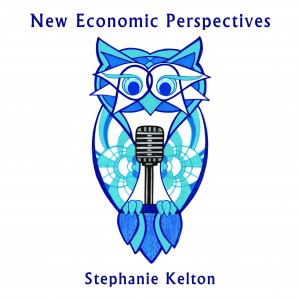By Usha Pradhan*
Pre-MMT Knowledge
And there I was, a teenager, strolling on the Kingsway – a district with a long road that encompasses high-end shops, restaurants, and hotels on both sides of the road and as the name implies, it literally used to be the King’s way to his palace – when I saw a few street children walking around begging the privileged passersby for mercy-money. Sadly, I observed that the street children were invisible to almost everyone. The fortunes would look straight at them and see right pass through them. I wondered why those shoppers who could afford to spend on high-end designer handbags could not show mercy on those children and spend a few dollars on them. One of the conclusions I reached was that maybe because they were so used to encountering not only those underprivileged children, but also, a lot of other underprivileged people in their daily lives in that society that they were immune to them. This story is of a developing country and as with a lot of developing nations, the income gap between the “haves” and the “have-nots” was pretty high and consequently, inequality persisted in every aspect of life among the citizens there.













